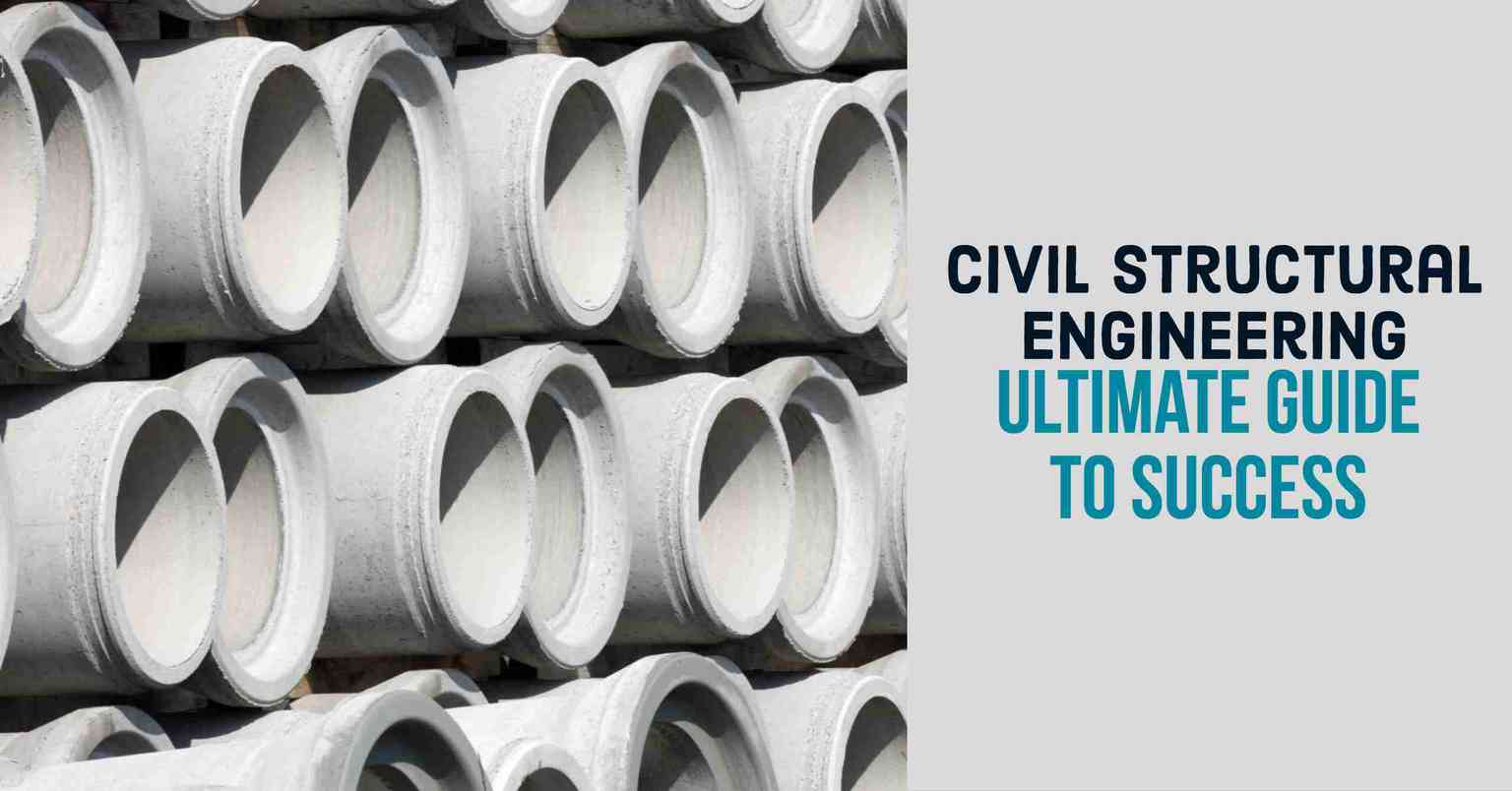

Civil and structural engineering Course Overview
Civil and structural engineering is one of the oldest engineering disciplines. It is concerned with the planning and building of infrastructure. such as roads, bridges, buildings, reservoirs and transmission towers.
What will you study?
The course will teach you about physical and chemical properties of building materials and how they react under pressure. You will analyse structure systems, including beams, frames, concrete and steel elements.
Civil engineering is a broad discipline so you will usually pick a specialisation at the end of your course, such as: structural, geotechnical, traffic and highway, environmental, and hydrology and water resource systems.
Core subjects
Construction planning and operations; design of concrete and steel structures; fluid mechanics and hydraulic engineering; introduction to geotechnical engineering and analysis; physical and computational material simulation; quantitative methods; structural analysis; design and modelling; surveying methods; urban transportation planning and modelling.
Typical course duration
A bachelor's degree in civil and structural engineering usually takes at least three years to complete. Some universities offer a four- to five-year course leading to a Master of Engineering (MEng).
Prerequisites
Prior study and good grades in physics and mathematics is required.
What do graduates do?
Fresh graduates will usually be hired as construction monitors and analysts. With more experience, you will have more design and analysis responsibilities as well as consulting and project management.